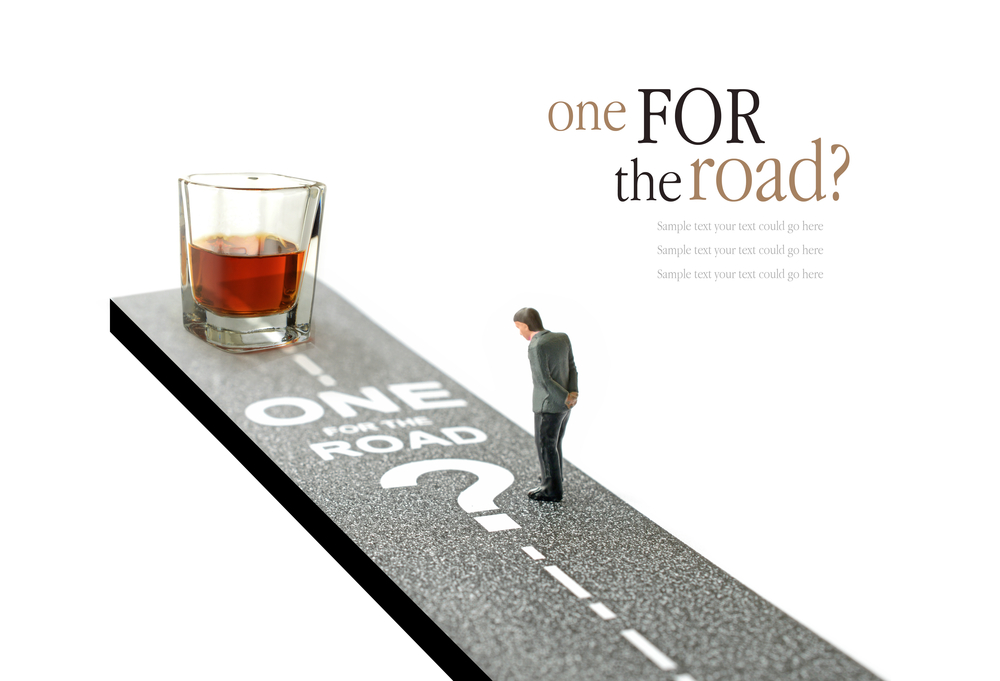
An answer will be forthcoming as, The United States Supreme Court will decide this issue soon. In Navarette v. California, U.S. Supreme Court, No. 12-9490, the court will, “consider whether a police officer needs to act on more than just an anonymous tip when stopping a suspected drunken or reckless driver.” Basically the court will have to determine, whether an officer can pull someone over solely on information of bad driving from an anonymous tip, or whether the officer will need more, such as actually witnessing a traffic violation himself. The reason this issue is so important is that, if an officer is found to pull someone over without “reasonable suspicion”, that is a violation of their Fourth Amendment Constitutional right to be free of unreasonable search and seizure, and potentially any evidence seized from a bad stop would be suppressed, and without evidence the state would likely have to dismiss the case.
I predict that the court will conclude that an officer can initiate a stop based solely on an anonymous tip, based on the amount of specific information the tipster gives about the vehicle. The make, model, license plate number, description of the person driving and their general direction are all factors that are considered here in Nevada when determining whether an anonymous tip is enough. Although a compelling argument could be made that if the officer fails to witness any traffic violation and the suspect is driving safely, then the “reasonable suspicion” to pull over a citizen and detain them is absent, even with a prior anonymous tip.
–Michael A. Troiano, Esq.
Attorney at Law
Source: Reuters

